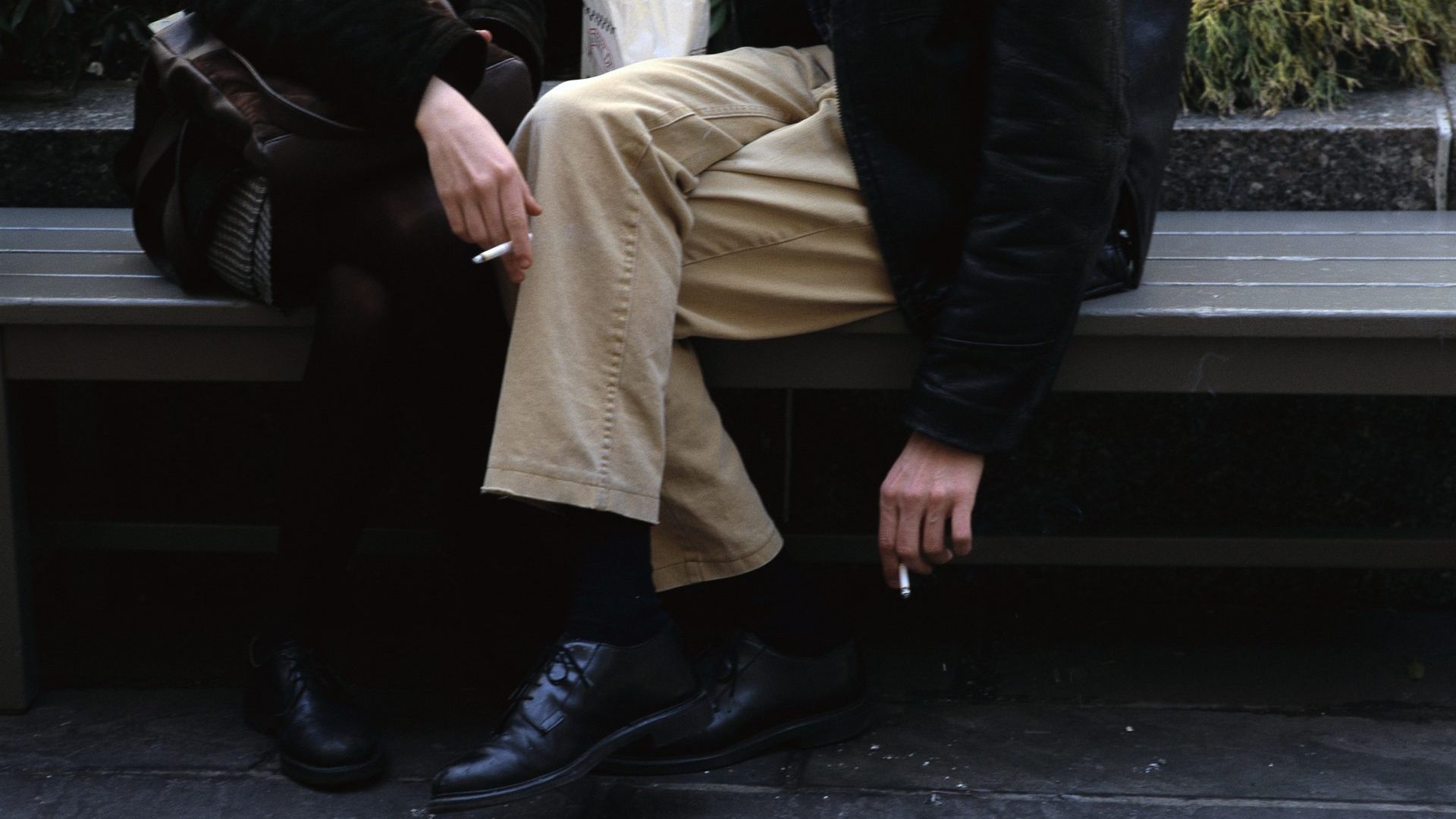What is camp? In 1964 Susan Sontag published what is still the definitive and most insightful analysis of this sensibility: her Notes on “Camp”. Before Sontag’s piece, it had barely been discussed, apart from in a few pages of a novel by Christopher Isherwood.
Camp, which “converts the serious into the frivolous”, Sontag tells us, is a form of aestheticism, an approach that puts style above substance, bracketing off moral and political questions. Appearance is all.
Camp loves ironic detachment, and as she put it, “Camp sees everything in quotation marks”, not for itself. Camp revels in artifice, exaggeration, and stylisation.
The Camp sensibility manifests itself in art and in the way some people look at art and other culture objects. When something is bad, that’s often because it is “too mediocre in its ambition”.
What the artist really needed to do was something outlandish: “The hallmark of Camp is the spirit of extravagance.” The message: Camp art can be wonderful because it is so bad.
The Camp sensibility, Sontag tells us, offers a different way of viewing the world, not from the point of view of high culture, but from the enjoyment of excess and delight in the superficial and slight. She rightly points out that those who deny themselves joy in earnest bad taste miss out on something important in life.
Immerse yourself in intense angst-ridden high culture by all means – read Dostoevsky and Kafka, listen to Beethoven’s late quartets – but her message was that we should recognise, too, the generous spirit of the Camp sensibility that celebrates what is often ridiculous and goes too far.
Judging by the television coverage of Eurovision last week, this is the Campest of public events, one growing Camper by the year, and for many it is the Camp elements that make it such an enjoyable spectacle. Sontag’s essay provides a useful lens through which to view this otherwise barely explicable phenomenon, including her observation that unselfconscious and sincere Camp performance can be even more beguiling than the knowing kind.
Camp viewers enjoy this sort of earnestness, but not in a cruel way: “Camp taste nourishes itself on the love that has gone into certain objects and personal styles.” A Camp sensibility can be warm as well as occasionally cutting.
A consequence of Camp’s downgrading content and revelling in excess, though, is that Camp separates itself from political questions. Sontag identified this element. As she put it: “Camp sensibility is disengaged, depoliticised – or at least apolitical.”
And yet last week Eurovision became the focus of political protest, outrage, and boycott. Graham Norton, the BBC commentator on the finals – himself in many ways quintessentially camp – played along most of the time, and perhaps ironically, with what was presumably a political decision to minimise discussion of the meaning of lyrics and the political protests going on outside and within the arena (though he did mention the booing during the Israeli Eden Golan’s brave and strong performance that was inaudible on television coverage).
Protesters, and there were many of them, had been calling for her exclusion from the finals because of the extended assault on Gaza that has already killed and maimed so many civilians, destroyed hospitals, cut off food and water supplies, and put hundreds of thousands at risk. Outside the arena, groups chanted “Free Palestine” and accused Israel of acts of genocide. Greta Thunberg was led away from the protest by Swedish police.
For some, the question of whether Golan should have been excluded from the line-up was one of simple consistency. Despite claims that Eurovision is beyond politics, there is a precedent for removing an act on political rather than aesthetic grounds. The EBU (the European Broadcasting Union) banned Russia from the competition following the invasion of Ukraine in 2022. Many were angered by the fact that the Netherlands’ performer was removed this year from the finals for an allegedly threatening act towards a film crew member, while a representative of a country that was engaging in threatening and destructive acts towards many thousands of people was not.
Sontag admitted both a strong attraction to the Camp sensibility and at the same time a revulsion towards it. She didn’t disclose precisely why.
It’s easy to see the attraction of Camp, and it’s fun to adopt that viewpoint from time to time. But I suspect it was Sontag’s awareness that Camp aestheticism involves a radical playing down of moral and political issues that ultimately repelled her, despite its allure.



